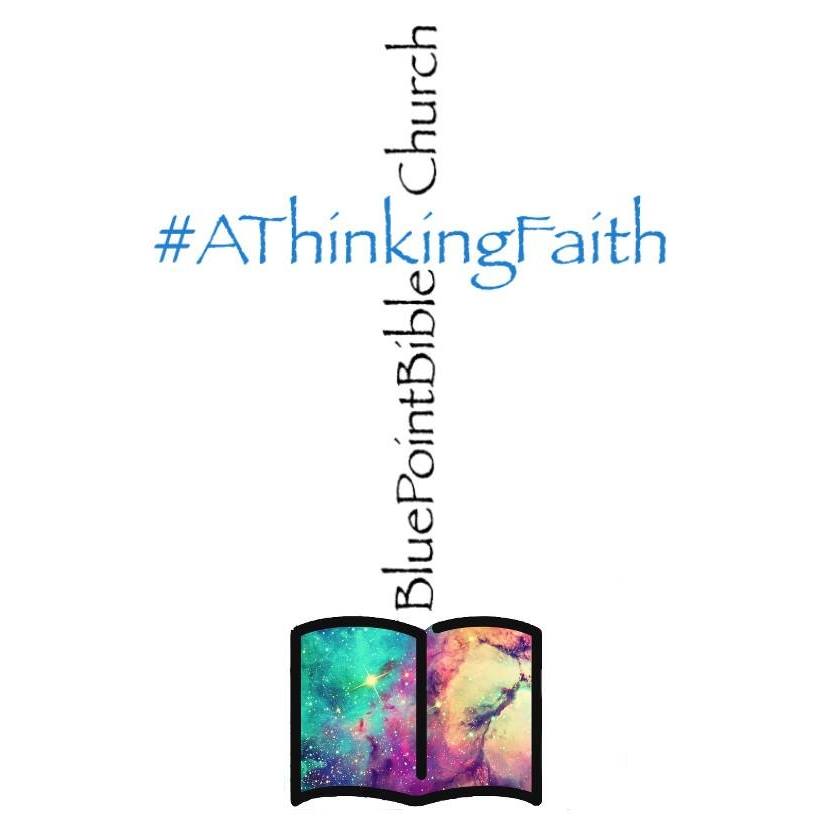Apologists Needed & Discussed!
AD 110 – 150
Reality of the period of AD 110 – 150
- Persecution (‘overcomes”)
- Rumors (cf. Prov. 18:17)
- Interaction with intellectual society
(cf. 1 Pet. 3:15; Jude 3)
“Christians were an ignorant lot whose doctrines, although preached under a cloak of wisdom, were foolish and even self-contradictory”.
(Spreading of a variety or rumours)
“…the worship of this God destroys the very fiber of society, because those who allow this religion abstain from most social activities claiming that participation in them would be tantamount to worshipping false gods. If such gods are indeed false, why fear them? Why not join in their worship like sensible people, even if one does not believe in them? The truth of the matter is that Christians, while claiming that the gods are false, continue fearing them as true”
(cf. 1 Cor. 8; Rom. 14)
- The True Word by Celsus (written 170-180 AD)
pg. 50-51, 52 – The Story of Christianity
- Cornelius Fronto (wrote around the same time)
pg. 51 – The Story of Christianity
“What will happen to those whose bodies were destroyed by fire, or eaten by beast or by fish? Will God scour the world after bits and pieces of each body? What will God do to those parts of matter that have belonged to more than one body? Will it be given to their first owner? Will that leave a gap in the risen bodies of all later owners? Such arguments, and many others like them, could not be set aside by mere denial. It was necessary to offer solid refutation. This was the task of the apologists”. – Justo Gonzalez, The Story of Christianity
“…in the centuries following A.D. 70, the church’s attention turned from eschatology to apologetics. Great effort was made to show that every detail of Christ’s life, death, and resurrection was prophesied in the psalms, the prophets, and the law. The study of eschatology waned as men applied their efforts to more basic doctrines of redemption. Examples may be seen in the writings of Justin Martyr, Irenaeus, and Tertullian who wrote “apologies,” defending the faith and proving that Jesus was Christ. This is as it should be. The doctrines of faith and redemption are the most important and it was natural and desirable that men employed their efforts to establish the fundamentals of the new faith. However, the result was that men’s understanding of eschatology and comprehension of the prophetic method and language grew weak and attenuated.” – Kurt Simmons, The Road Back To Preterism
(See, http://www.preteristcentral.com/The%20Road%20Back%20to%20Preterism.html)
“…conviction that many of the heresies that circulated in his (Tertullian) time were the results of attempts to combine pagan philosophy with Christian doctrine”.
“But not all Christians took the same stance. On becoming a Christian, Justin (Martyr) did not cease being a philosopher, but rather took upon himself the task of doing “Christian philosophy”; and a major part of that task as he saw it was to show and explain the connection between Christianity and classic wisdom”. – Justo Gonzalez
pg. 55 – 57- The Story of Christianity
- Justin Martyrs “true philosophy”
- Tatian, An Address To The Greeks
- Athenagorus, A Plea for the Christians; On the Resurrection of the Dead
- Theophilus of Antioch
- Tertullian, Apology
- Minucius Felix, Octavius
